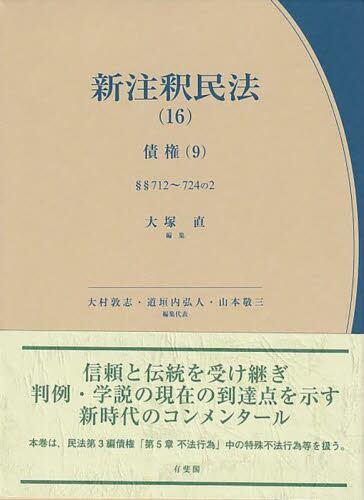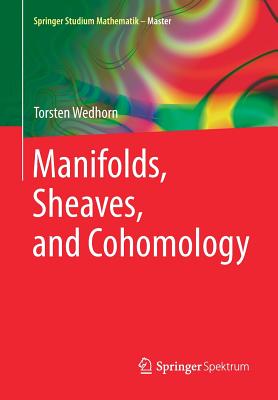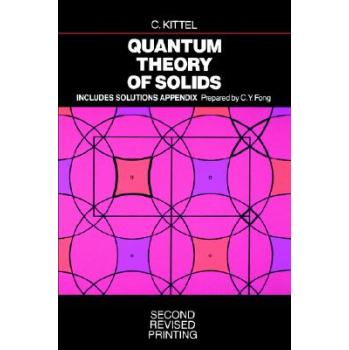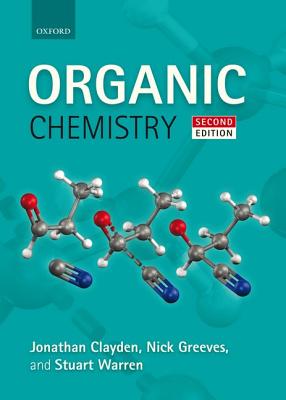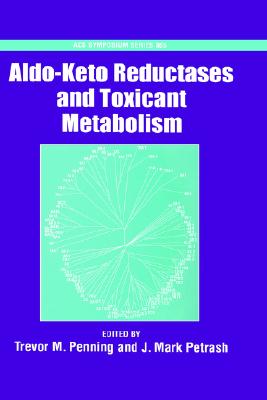
Aldo-Keto Reductases and Toxicant Metabolism(ACS Symposium Series)
化学史售 价:
¥
1074.00
发货周期:预计5-7周发货
出 版 社
出版时间
2003年10月09日
装 帧
精装
页 码
272
语 种
英文
综合评分
暂无评分
- 图书详情
- 目次
- 买家须知
- 书评(0)
- 权威书评(0)
图书简介
Aldo-Keto Reductases and Toxicant Metabolism provides an overview of the rapidly growing Aldo-Keto Reductase (AKR) superfamily and its role in the metabolism of endogenous and exogenous toxicants. This book discusses the ability of AKRs to metabolize endogenous toxicants including: sugar aldehydes, advanced glycosylation end products, and lipid aldehydes (products of lipid peroxidation decomposition). The relevance to diabetic complications is also stressed. The role of AKRs to metabolize exogenous toxicants including tobacco carcinogens (tobacco specific nitrosamine ketones and trans-dihydrodiols derived from polycyclic aromatic hydrocarbons), mycotoxins (aflatoxin dialdehydes), and unnatural aldehydes is covered in detail. In the case of PAH trans-dihydrodiols, a clear example is given that AKRs may not always be chemoprotective; in this instance, reactive and redox-active quinones are formed. What emerges is that AKRs play a central role in toxicant metabolism. Aldo-Keto Reductases and Toxicant Metabolism shows how evolutionary AKRs are conserved in prokaryotes through eukaroytes and can thus be considered primordial genes. They are also regulated by primordial stress signals (osmotic stress, reactive oxygen species, and electrophiles) to respond to toxic insult. The role of AKRs to respond to stress in vivo is given in a model of myocardial ischemia and re-perfusion injury. The power of functional yeast genomics is described to generate AKR null yeast strains and a resultant phenotype.
馆藏图书馆
Harvard Library
本书暂无推荐
本书暂无推荐





